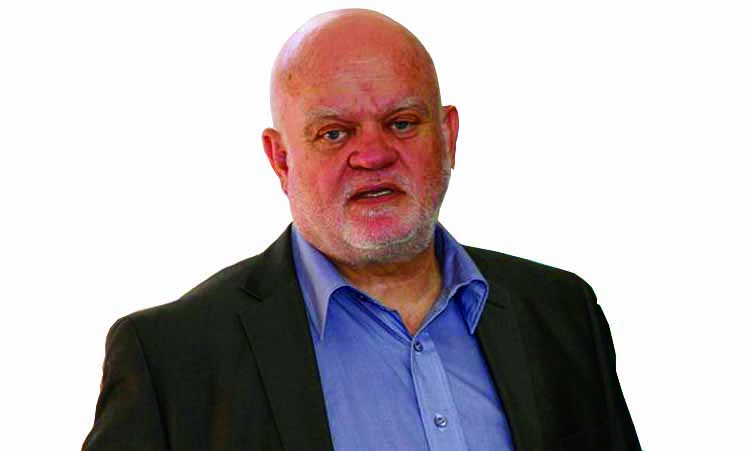She even admits to this shortcoming, but my wife, Thea, cannot give travel route directions or read a map, as I discovered early in our marriage.
On an annual family holiday, we changed travel plans deviating from our route to spend a few days in Lesotho. Also known as the mountain kingdom, by population and landmass Lesotho is one of Africa’s smallest countries.
Having heard much about this country of tall mountains, narrow valleys and a long history of political autonomy, curiosity got the better of me.
I had read about the nation’s revered founder, King Moshoeshoe I, who in 1868 entered a pact with Britain to become a protectorate as a strategy to contain territorial encroachment by white settlers.
On that holiday journey Thea’s role as the family vehicle navigator ended abruptly after I discovered we had travelled in the wrong direction for hours, costing us precious holiday time and unbudgeted fuel costs.
Forced to make a U-turn, we never reached Lesotho.
But do we really learn?
Here’s another example of never learning: Work was scheduled in the mining town of Uis with follow-up related job assignments at Usakos, Karibib and Arandis.
As a fuel cost and time-saving strategy, a local at Uis recommended a shortcut rather than travelling back to Omaruru and then onwards to Karibib.
To contain costs, I was using a sedan and after hours of driving I arrived at an unusually fast-flowing river bisecting the road.
Entrepreneurs are risk takers, but never act recklessly.
So, off came my shoes and I waded into the river – soon realising crossing that unseasonal river would be risky, with my only solution being a U-turn and backtracking to Uis.
Then starting again.
What a waste of time and money that shortcut turned out to be.
I have other examples to share, but suffice to say that in business one should – yet it seems so very hard to learn to avoid shortcuts.
In business there are key principles from which one should never deviate.
One should rather stick to tried and tested systems, processes and procedures which have been crafted and put in place based on experience and best practice.
These include the recruitment of staff, negotiating and entering partnerships, extending credit to customers and borrowing without a clear and well thought-through repayment plan in place.
Lasting business partnerships are built on the foundation of clearly defined roles and responsibilities with agreements in place to guide the way forward in the event of default.
Should there be no other payment option than selling on credit, the risk must be managed to avoid an entrepreneur becoming a debt collector.
People are the most important asset of a business, but risks must be managed by avoiding shortcuts when recruiting staff.
Thoroughly checking references, interrogating reasons for lengthy employment breaks and the absence of a probation service arrangement are essential.
As for borrowing, securing a loan is generally the easy part and paying back the challenge.
Over the years I have learnt the folly of taking shortcuts and that failing to take swift remedial action, even if it means making a U-turn, comes with consequence, yet every so often one is caught napping.
- * Danny Meyer is reachable at danny@smecompete.com
Stay informed with The Namibian – your source for credible journalism. Get in-depth reporting and opinions for
only N$85 a month. Invest in journalism, invest in democracy –
Subscribe Now!







